
时间:2022-05-16 10:01:40来源:网络整理
银行业金融机构衍生产品交易管理暂行办法
第 1 章一般规则
第 1 条
为规范银行业金融机构衍生产品业务,有效控制银行业金融机构衍生产品业务风险,根据《中华人民共和国银行业监督管理法》、《中华人民共和国银行业监督管理法《中华人民共和国商业银行法》等相关法律法规,制定本办法。
第二条
本办法所称银行业金融机构,是指依法设立的商业银行、城市信用社、农村信用社等吸收公众存款的金融机构和政策性银行。本办法适用于依法设立的金融资产管理公司、信托公司、企业集团财务公司、金融租赁公司以及经中国银行业监督管理委员会(以下简称中国银行业监督管理委员会)批准设立的其他银行业金融机构。从事衍生产品业务。
第 3 条
本办法所称衍生品是指价值取决于一项或多项标的资产或指数的金融合约。合约的基本类型包括远期、期货、掉期(swap)和期权。衍生品还包括具有远期、期货、掉期(掉期)和期权中的一种或多种的混合金融工具。
第四条
本办法所称银行业金融机构的衍生品交易业务按交易目的分为两类:(一)对冲衍生品交易。即银行业金融机构主动发起,为规避自身资产、信用风险、市场风险或流动性风险的负债。此类交易必须符合对冲会计规定,并在银行账户中进行管理。(二)非对冲衍生产品交易。即是指除对冲以外的衍生品交易,包括由客户发起并由银行业金融机构为满足客户需求而提供的交易,以及银行业金融机构为对冲上述交易相关风险而进行的交易;银行业金融机构为了承担义务做市商方面,机构继续提供市场买卖双边p大米,并根据其报价与其他市场参与者进行做市交易;而银行业金融机构则主动发起、使用自有资金,并根据对市场走势的判断,自营交易获利。此类交易在交易账户下进行管理。
第五条
本办法所称客户,是指个人客户和金融机构以外的机构客户。银行业金融机构向客户销售的理财产品属于衍生品性质的,其产品设计、交易和管理适用本办法,客户适用中国银行业监督管理委员会理财业务的有关规定。访问和销售。个人衍生产品交易的风险评估和销售,适用个人理财业务的相关规定。
第六条
银行业金融机构开办衍生品交易业务,应当取得中国银行业监督管理委员会的批准,并接受中国银行业监督管理委员会的监督检查。取得衍生品交易业务资格的银行业金融机构应当从事与自身风险管理能力相适应的经营活动。
第 7 条
银行业金融机构从事与外汇、大宗商品、能源、股权相关的衍生产品交易,以及场内衍生产品交易,应当具备中国银行业监督管理委员会批准的衍生产品交易业务资格;遵守国家外汇管理等有关规定。
第二章市场准入管理
第 8 条
银行业金融机构开办衍生品交易业务的资质分为以下两类:(一)基本资质:只从事对冲衍生品交易;(二)一般资质):另外对于基础资质可以从事的衍生品交易,也可以从事非对冲的衍生品交易,监管部门可以根据银行业金融机构的风险管理能力,对其具体的业务模式、产品类型等进行区别对待资质管理。
第九条
银行业金融机构申请基础资质应具备以下条件:(一)具有完善的衍生品交易风险管理体系和内控体系;(二)具备接受相关衍生品交易的能力) ) 至少2名经过半年以上专门培训并从事衍生产品或相关交易2年以上的交易员,至少1名相关风险管理人员,至少1名风险模型研究员或风险分析师,熟悉套期会计操作程序及制度规范 公司至少应有1人,以上人员均应分派专职,不得兼任,无不良记录;(三)有合适的交易场所和设备;(四)有处理法律事务和负责内部控制的能力)合规检查; (五)满足银监会审慎监管指标要求;(六)银监会规定的其他条件。
第十条
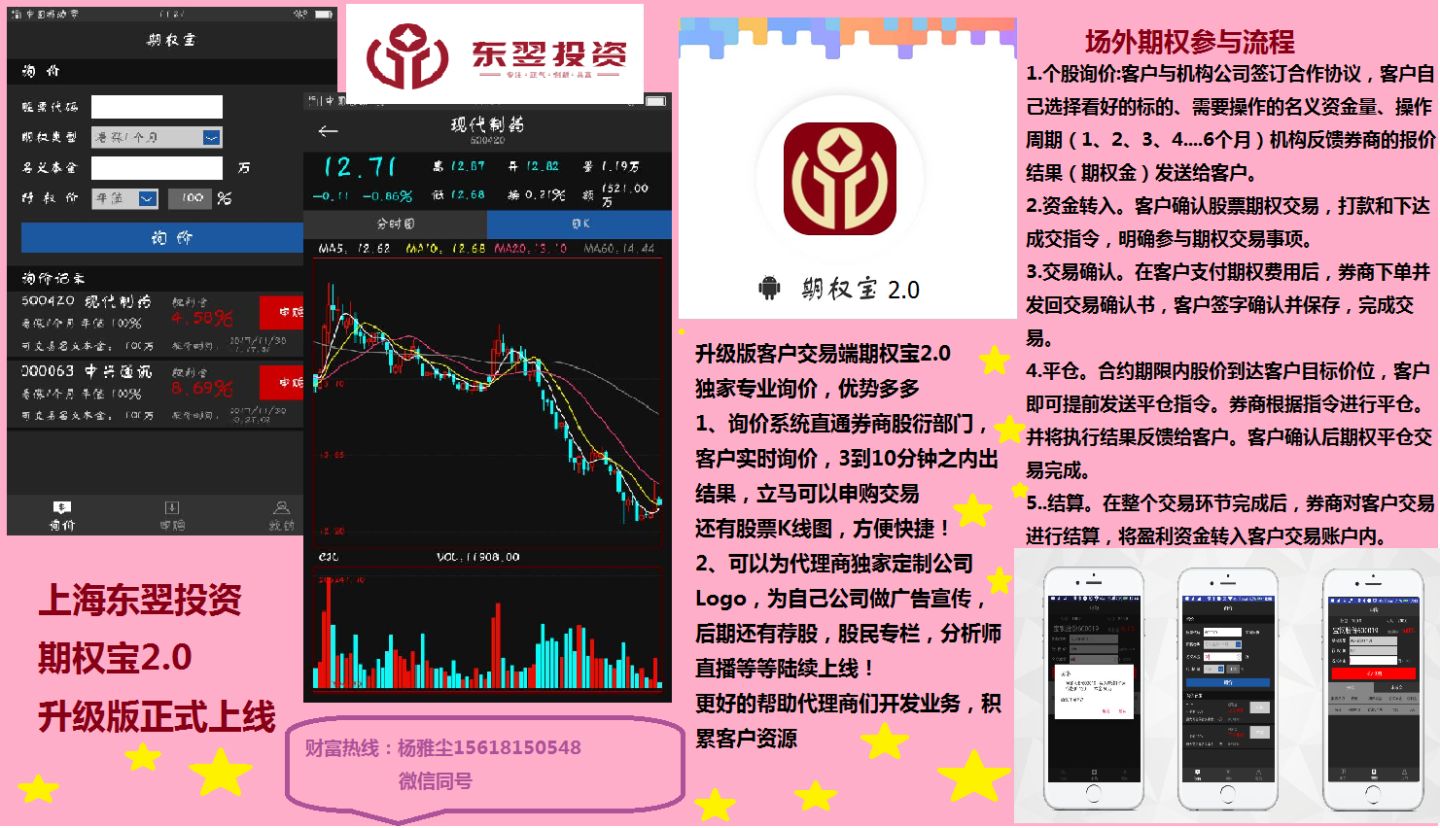
银行业金融机构申请普通资质,除具备上述基本资质外,还需满足以下要求:(一)完善的业务处理系统,前、中、后台实时自动对接终端衍生品交易风险管理制度;(二)衍生品交易业务负责人应具有5年以上直接参与衍生品交易活动或风险管理经验,无不良记录;(三)严格的业务分离体系,确保对冲业务和非对冲业务的市场信息、风险管理、损益核算有效分离;(四)完整的市场风险、操作风险风险管理框架、信用风险等;(五)银监会规定的其他条件。
第 11 条
外资银行应将经授权签字人签署的申请材料报送所在地监管机构开办衍生产品交易业务,经审核批准后报中国银行业监督管理委员会批准。外商独资银行、中外合资银行由总行统一向当地监管机构提交申请材料;外国银行拟在中国境内两个或两个以上分行开办衍生品交易业务的,其在中国的管理银行应统一向当地监管机构提出申请,经审核同意后,将材料提交至报中国银行业监督管理委员会批准。外国银行分行申请开办衍生品交易业务,应获得其总行(地区总部)的正式授权,其所在国应具备对衍生品交易业务进行监管的法律框架,并具有其所在国的监管机构应具备相应的监管能力。申请开立衍生品交易业务的外国银行分行不具备第九条或第十条所列条件的,其总行(地区总部)应当具备上述条件。同时,分行还应具备以下条件:(一)分行总行(地区总部)应正式授权分行从事衍生品交易等,并明确规定交易类型(二)总行除外)除非另有明确规定,分行所有衍生品交易均通过分行实时授权的总行(地区总部)系统统一,总行(地区总部)统一进行余额、敞口管理和风险控制,属地监管的其他银行业金融机构应先向所在地监管机构提交申请材料,经审批后,将申请材料报银监会批准。 ; 银监会批准。
第 12 条
银行业金融机构申请开办衍生品交易业务,应当向中国银监会或其派出机构提交下列文件和资料(一式三份):(一)开办衍生品交易业务申请报告,可行(二)衍生品交易业务内部管理规章制度;(三)衍生品交易会计制度;(四)监事及主要交易人员名单),简历;(五)@ >衍生品交易风险管理制度,包括但不限于:风险敞口量化规则或风险限额授权管理制度;(六)交易场所、设备和系统的安全稳定(七)其他文件和外国银行分行申请开立衍生品交易业务,不符合第九条、第十条所列条件的银行普通类衍生品交易资格,应当提交向其总部提出申请。除(地区总部)上述文件资料外,还应向当地银监局报送以下文件:衍生品交易的种类和限制条款)书面授权文件; (二)除非总行另有明确规定,总行(地区总部)出具的声明保证分行所有衍生品交易均通过总行(地区总部)交易系统实时结算,并由其总公司(地区总部)结算 总公司(地区总部)负责出具调平、风险管理和风险控制的承诺书。
第 13 条
银行业金融机构报送的衍生品交易会计制度应符合我国相关会计准则。我国未规定的,按照有关国际标准执行。外国银行分行可以遵守其总部/总部会计准则。
第 14 条
银行业金融机构按照本办法规定提交的交易场所、设备和系统的安全检测报告,原则上应当由第三方独立出具。
第 15 条
银行业金融机构开办衍生品交易业务的内部管理规章制度至少应包括以下内容:(一)衍生品交易业务指引、业务操作规则(业务操作规则应体现交易前台) 、中台、后台分离原则)及突发事件应急预案;(二)新业务、新产品审批制度及流程;(三)交易品种及其风控体系;(< @k7@ >衍生产品交易风险模型指标和量化管理指标;(五)风险管理体系和内部审计体系;(六)衍生产品研发管理体系和后评价体系)产品交易业务;(七)交易员代码;(八)交易主管岗位责任制、问责制和各级主管和交易员的激励约束机制其他; (九)前、中、后台监事及员工培训计划;(十)银监会规定的其他内容。
第 16 条
中国银行业监督管理委员会自收到银行业金融机构按照本办法提交的完整申请材料之日起三个月内予以批准。
第 17 条
银行业金融机构法人授权其分支机构办理衍生产品交易,必须严格审查其风险管理能力,并就交易类型和限额出具正式的书面授权文件;境内分行办理衍生产品交易业务必须通过总行(部)系统统一进行实时平单,总行(部)统一开展平单、敞口管理和风险控制。上述分行应自收到总行(部)授权或授权变更之日起30日内,持总行(部)授权文件报所在地银监局。外国银行分行的授权发生变化时,应及时主动向银监会报告。
第三章风险管理
第十八条
银行业金融机构应根据其业务目标、资本实力、管理能力和衍生产品的风险特征,确定其是否适合从事衍生产品交易,以及合适的衍生产品交易类型和规模。银行业金融机构从事衍生品交易业务,在推出新业务品种、开拓新市场等创新业务前,应当书面征求监管部门的意见。银行业金融机构要逐步提高自主创新能力、交易管理能力和风险管理水平,审慎从事自身不具备定价能力的衍生产品交易。银行业金融机构不得独立持有或向客户出售可能导致无限损失的裸卖空衍生产品,以及以衍生产品作为标的资产或挂钩指标的再衍生产品。
第十九条
银行业金融机构应当按照第四条所列衍生品交易业务分类,建立与其所从事衍生品交易业务的性质、规模和复杂程度相适应的稳健可靠的市场风险和信用风险。风险和法律合规风险管理制度和制度、内控制度和业务处理制度,以及具备履行上述风险管理、内控和业务处理职责所需的相关业务知识和技能的人员。
第 20 条
银行业金融机构董事会或其授权的专业委员会应定期评估衍生产品业务的现状及风险管理政策和程序,确保与机构的资本实力和管理水平相一致。当新产品频繁推出或系统发生重大变化时,应相应提高评估频率。
第 21 条
银行业金融机构的高级管理人员应了解其从事的衍生品交易风险;审查、评估和批准衍生品交易业务运作的原则、程序、组织和权限以及风险管理的综合管理框架;设有完善的风险管理部门和完善的检查报告制度,随时了解衍生产品交易的风险状况,并进行相应的监督和指导。在此基础上,银行业金融机构应每年对自身衍生品业务进行一次评估,并于每年1月底前向监管机构提交上一年度评估报告一式两份。
第 22 条
银行业金融机构应根据自身综合实力、自有资金、盈利能力、经营政策、衍生品交易目的和市场趋势预测等因素,选择和计算适合自身业务的衍生品交易风险。暴露指标和方法。银行业金融机构应建立并严格执行授权止损制度,制定并定期审核更新各类衍生产品交易的风险敞口限额、止损限额、应急预案和压力测试制度和指标,制定限额监控和超出限制。配额处理程序。开展衍生产品交易时,必须严格执行分级授权和敞口风险管理制度,重大交易或新衍生产品业务须经董事会或其授权的专业委员会或高级管理层批准。当因市场变化或决策失误导致账面浮动亏损时,应严格执行止损制度。对在交易活动中越权、违规的交易者及其主管,要从严追责。
第 23 条
银行业金融机构应加强对分支机构衍生品交易业务的授权和管理。衍生产品管理能力、风险防范和管理水平较弱的分支机构应适当提高衍生产品交易权限。银行业金融机构应当在相应的风险管理制度中明确重大交易风险的类别和特征,并规定取消交易权限的程序。衍生品交易风险较大的分支机构应及时取消衍生品交易权限。
第 24 条
银行业金融机构从事风险计量、监测和控制的人员必须与从事衍生产品交易或营销的人员分开,不得兼任;风险计量、监控或控制人员可以直接向高级管理层报告风险状况。根据本办法第四条所列分类标准银行普通类衍生品交易资格,银行业金融机构负责对冲和非对冲衍生品交易的交易人员不得兼任。银行业金融机构应确保其从事的上述不同类型衍生产品交易的相关信息相互隔离。
第 25 条
银行业金融机构应制定明确的交易员、分析师、销售员等从业人员的资格标准,并根据衍生产品交易和风险管理的复杂程度对业务销售员及其他相关业务人员进行培训,确保其具备必要的资质技能和资格。
第 26 条
银行业金融机构应制定合理的成本和资产分析计算体系和科学规范的激励约束机制,不应将衍生品交易和风险管理人员的收入与当前业绩简单挂钩,避免过度追求利益,增加交易。风险。
第 27 条
银行业金融机构对衍生品交易主管和交易员实行定期轮岗和强制带薪休假。
第 28 条
银行业金融机构内部审计部门应当定期检查衍生品交易业务风险管理制度的执行情况。衍生品交易系统和业务的内部审计应具备以下要素:(一)确保有足够的具有相关经验和技能的内部审计人员;(二)建立内部审计部门的独立性董事会)报告路线。
第 29 条
银行业金融机构要建立健全法律风险控制机制和制度,严格审查交易对手的法律地位和交易资格。银行业金融机构在与交易对手签订衍生品交易合同时,应参照国际国内市场惯例,充分考虑违约事件发生后法律追索保全的可操作性等因素,采取有效措施防止起草、谈判和不当行为。的交易合同。签约过程中的法律风险等
第 30 条
银行业金融机构应制定和完善衍生产品交易合同等法律文本的评价和管理制度,至少每年根据交易对手的情况对涉及的衍生产品交易合同文本的有效性和效果进行评价,从而加深认识和把控,有效防范法律风险。
第 31 条
银行业金融机构应制定评估交易对手适当性的相关政策:包括评估交易对手是否充分理解合同条款和履行合同的责任,识别拟进行的衍生交易是否符合交易对手的要求。从事衍生品交易的目的。 银行业金融机构在履行本条规定时,可以根据诚实信用原则,合理依赖交易对方提供的正式书面文件。
第 32 条
银行业金融机构应制定完善的交易对手信用风险管理制度,选择合适的交易对手信用风险评估方法和模型,采取适当的风险缓释措施。银行业金融机构应以适当方式向交易对手明确相关信用风险缓释措施可能对其产生的影响。
第 33 条
银行业金融机构应使用适当的风险评估方法或模型评估衍生产品交易的市场风险,按照市场价格原则管理市场风险(衍生产品的市场价值评估可以合理使用第三方独立估值)报价),调整交易规模、类别和风险水平。
第 34 条
银行业金融机构从事对冲衍生品交易,由资产负债管理部门确定发起交易并根据机构实际需要作出交易决策。
第 35 条
从事非对冲衍生产品交易的银行业金融机构应就该衍生产品交易敞口计提市场风险资本。执行《银行市场风险资本计量内部模型法监管指引》的相关规定。
第 36 条
银行业金融机构从事非对冲衍生品交易,标准法下的市场风险资本不得超过银行业金融机构核心资本的3%。监管部门可根据银行业金融机构经营情况,在资本充足率上限内实施动态差异化管理。标准法下市场风险资本的计算方法按照《商业银行资本充足率管理办法》的有关规定执行。
第 37 条
银行业金融机构应根据衍生品交易的规模和类型,建立完善的流动性风险监测和预警体系,并做好充足的流动性安排,确保在市场出现异常交易时具备充足的合约履约能力。
第 38 条
银行业金融机构应建立健全操作风险控制机制和制度,明确衍生品交易操作和监控的各项职责,包括但不限于:交易文件的生成和录入、交易确认、净额结算和交割、交易审核、市值重估、异常报告、会计处理等。衍生产品交易过程中的文件和录音要纳入档案系统管理,并由职能部门定期检查。
第 39 条
银行业金融机构应当按照中国银行业监督管理委员会的规定,对所从事的衍生品交易进行清算,确保履行交割责任,规范处理违约和终止事件,识别和控制操作及时处理风险。
第 40 条
银行业金融机构应建立健全衍生产品交易管理信息系统,确保按产品、交易对手等分类的管理信息完整有效。
第 41 条
银行业金融机构应当按照中国银行业监督管理委员会的规定报送与衍生品交易有关的会计、统计报表等报告。银行业金融机构应当按照中国银行业监督管理委员会信息披露规定,对外披露衍生品交易的风险状况、亏损状况、盈利变化和异常情况。
第四十二条
银行业金融机构从事衍生产品交易遇到重大业务风险或重大业务损失时,应及时采取有效措施防止损失继续扩大,同时向银监会报告有关情况及时和积极地进行。银行业金融机构从事的衍生产品交易、操作系统、风险管理制度等发生重大变化时,应主动及时向银监会报告具体情况。

第 43 条
银监会可对银行业金融机构与衍生产品交易业务相关的信息和报表、风险管理制度、内部控制制度、业务处理系统等是否适合其从事的衍生产品交易业务类型进行审核.
第四章产品营销及后续服务
第四十四条
银行业金融机构应高度重视衍生品交易的风险管理,制定和完善客户适当性评估制度,在综合考虑衍生品分类和客户分类的基础上,对衍生品交易进行充分的适当性评估:( 一)评估衍生产品的风险和复杂性,对衍生产品进行相应的分类,每年至少审查一次其合理性,并进行动态管理;(二)根据客户的业务和交易性质衍生产品)根据经验等评估其成熟度,对客户进行相应分类,每年至少进行一次合理性审核,进行动态管理。
第 45 条
银行业金融机构应根据客户适当性评估结果,与具有真实需求背景且与其风险承受能力相适应的客户进行衍生品交易,并取得客户提供的能够证明其真实需求的声明和确认函书面背景资料,包括但不限于:(一)与衍生品交易直接相关的标的资产或标的负债的真实性;(二)客户进行衍生品交易的目的或目的;( 三)本条第1项确认的标的资产或标的负债是否存在未结算的衍生品交易风险。
第四十六条
银行业金融机构和客户交易的衍生产品的主要风险特征应与作为真实需求背景的标的资产或标的负债的主要风险特征具有合理程度的相关性。具有自己定价和估值能力的简单衍生品。
第 47 条
Banking financial institutions should formulate and improve the internal training, qualification and authorization management system for derivatives sales personnel, strengthen continuous professional training and professional ethics education for sales personnel, and timely follow up on training and qualifications for new products and new businesses identified and established a strict management system. Only qualified and authorized sales personnel can introduce and market derivative products to customers. When introducing derivatives to customers, salespeople should make it clear to customers in an appropriate manner that they have been internally qualified and effectively authorized.
Article 48
Banking financial institutions shall provide clients with written information on derivative product introductions and risk disclosures in clear, easy-to-understand, concise, and concise terms. or footnotes and small print, etc., including but not limited to: (一)Complete introduction to product structure and basic transaction terms and complete legal text of the product; (二)Product-linked indices, Description of rate of return or other parameters; (三)Key risk disclosures related to the transaction; (四)Product cash flow analysis, stress testing, simulation of worst-case scenarios under certain assumptions and confidence levels Scenario analysis and maximum cash flow loss and a reasonable analysis of the assumption and confidence; (五)Other information that should be fully disclosed to the client.
Article 49
In the process of selling derivatives, banking financial institutions shall objectively and fairly state the benefits and risks of the derivatives they sell, and shall not mislead customers about their market views, exaggerate the advantages of the products or reduce the risks of the products, and shall not use any Ways to promise benefits to customers.
Article 50
Banking financial institutions shall fully respect the independent decision-making of customers, and shall not trade derivatives as an additional condition for conducting other business with customers.
Article 51
Banking financial institutions shall establish a credit rating system for customers, and determine relevant credit risk mitigation measures based on factors such as customers' credit rating, financial status, profitability, net asset level, cash flow, etc. Derivatives trading for clients rated below.
Article 52
Before entering into a derivative product transaction with a client, a banking financial institution shall obtain written materials in the form of a statement, confirmation letter, etc. provided by the client, including but not limited to: (一)The client conducts the derivative product transaction (二)Whether the signer of the derivative product transaction contract, transaction instruction and other agreement texts has been effectively authorized; (三)Whether the client has fully understood the terms and relevant provisions of the derivative product transaction) risk, and whether the transaction meets the transaction purpose or objective confirmed in Article 45 Item 2; Whether there is sufficient capacity under the circumstances; (五)Other matters that need to be declared or confirmed by the customer.
Article 53
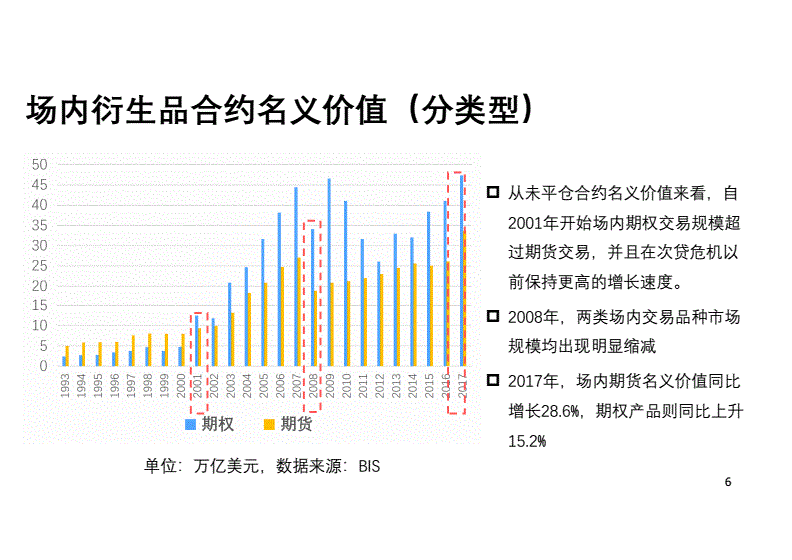
Banking financial institutions shall provide clients with market information of derivatives that have been traded in a timely manner, and regularly report the results of market value revaluation of derivatives traded with clients in the form of assessment reports, risk reminder letters, etc. through letters, e-mails, Fax and other recordable methods are provided in writing to customers, and ensure that relevant materials are delivered to customers in a timely manner. When the market fluctuates greatly, the frequency of market value revaluation shall be appropriately increased, and the market value revaluation result shall be provided to the client in writing in a timely manner. Banking financial institutions shall evaluate the frequency and quality of the above-mentioned market value revaluations at least annually.
Article 54
Banking financial institutions shall obtain key valuation parameters and relevant information from the bidder for derivative product transactions that they do not have the ability to price and value, and write to the client in a recordable manner such as letter, email, fax, etc. This information is provided to increase the transparency of derivatives revaluation.
Article 55
Banking financial institutions shall determine scientific and reasonable profit targets for the types of derivative products they trade with customers, formulate scientific and reasonable assessment and long-term incentive and restraint mechanisms, and guide relevant departments and personnel to operate in an honest, trustworthy and compliant manner, and shall not Excessive pursuit of profit shall not simply link the relevant income of trading derivative products with customers with employee compensation and the profit target and assessment and incentive mechanism of the department in which they work.
Article 56
Banking financial institutions shall formulate and improve regular post-evaluation systems for derivatives trading business, including regular post-evaluation of internal management systems such as compliant sales, risk control, and assessment and incentive mechanisms. Banking financial institutions shall establish and improve the regular return visit system to customers through on-site visits, emails, faxes, telephone recordings, and other recordable methods, carefully listen to customers' opinions on compliant sales and risk disclosure, and give timely feedback.
Chapter Five Penalties
Article 57
A banking financial institution that conducts derivatives trading business without approval shall be punished in accordance with the provisions of the "Banking Supervision and Administration Law of the People's Republic of China".
Article 58
Banking financial institutions that fail to effectively implement the risk management and internal control systems for derivatives trading may suspend or terminate their derivatives trading qualifications and impose economic penalties.
Article 59
If a banking financial institution fails to submit relevant statements, materials and disclosure of derivative product transactions in accordance with these Measures or the requirements of the China Banking Regulatory Commission, it shall, according to its nature, comply with the Banking Supervision Law of the People's Republic of China, the Banking Supervision Law of the People's Republic of China The Law on Commercial Banks, the Regulations of the People's Republic of China on the Administration of Foreign-funded Banks and other laws and regulations and relevant provisions shall be punished.
Article 60
Where derivatives traders (including supervisors, risk managers, analysts, traders, etc.) or institutions of banking financial institutions violate the relevant provisions of these Measures and cause major economic losses to the institution or clients, the banking institution shall Financial institutions shall give disciplinary sanctions ranging from demerit to expulsion to directly responsible senior managers, supervisors and persons directly responsible; if a crime is constituted, they shall be transferred to judicial organs for investigation of criminal responsibility according to law.
Chapter VI Supplementary Provisions
Article 61
The China Banking Regulatory Commission is responsible for the interpretation of these measures.
Article 62
In the event of a conflict between the previously announced regulations on derivatives transactions of banking financial institutions and these Measures, these Measures shall prevail. For the content stipulated in these Measures, if there are other provisions in laws or administrative regulations, such provisions shall prevail.
声明:文章仅代表原作者观点,不代表本站立场;如有侵权、违规,可直接反馈本站,我们将会作修改或删除处理。
图文推荐
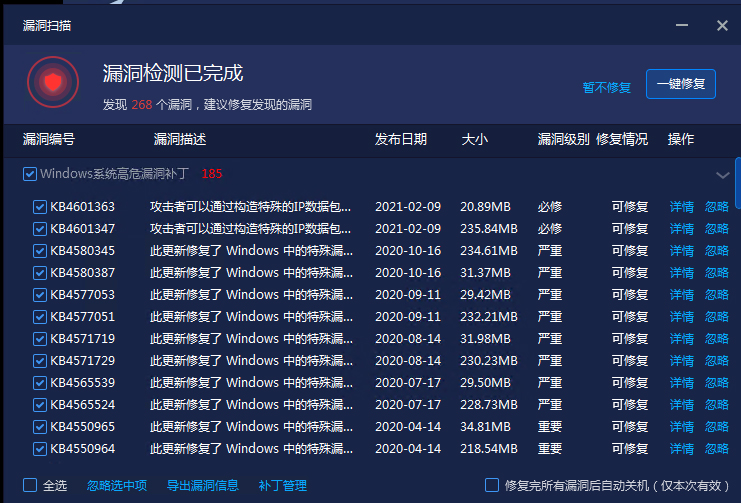
2022-05-14 13:01:16
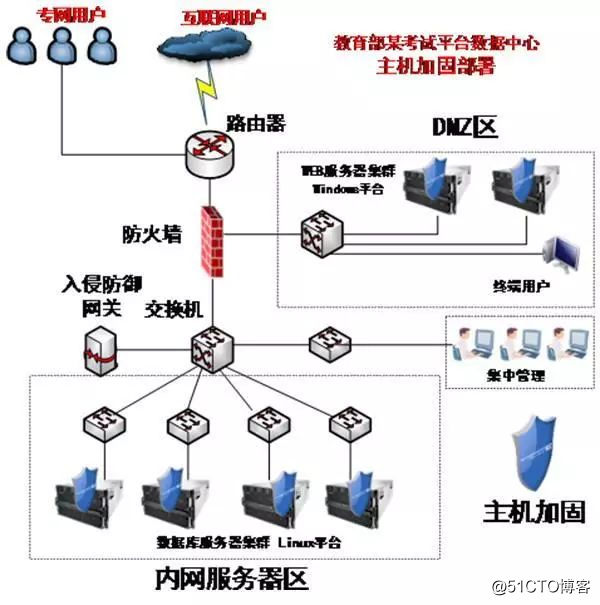
2022-05-14 12:00:44
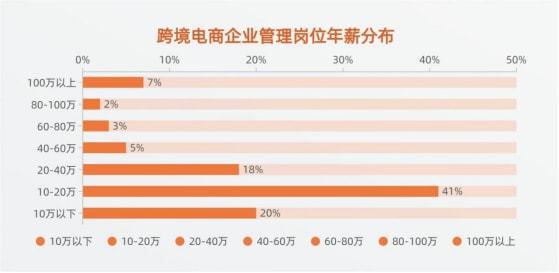
2022-05-14 12:00:35
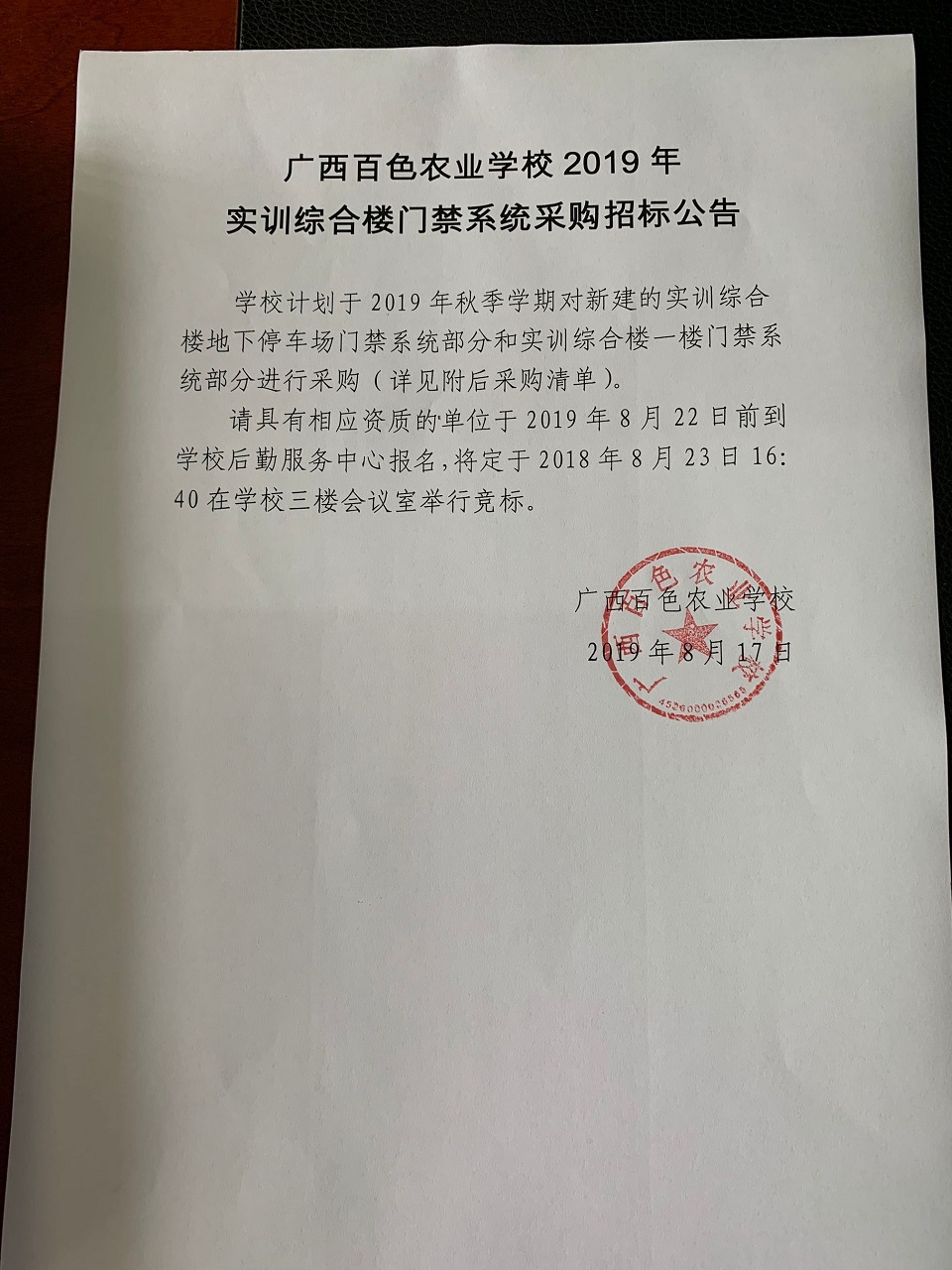
2022-05-14 10:05:18
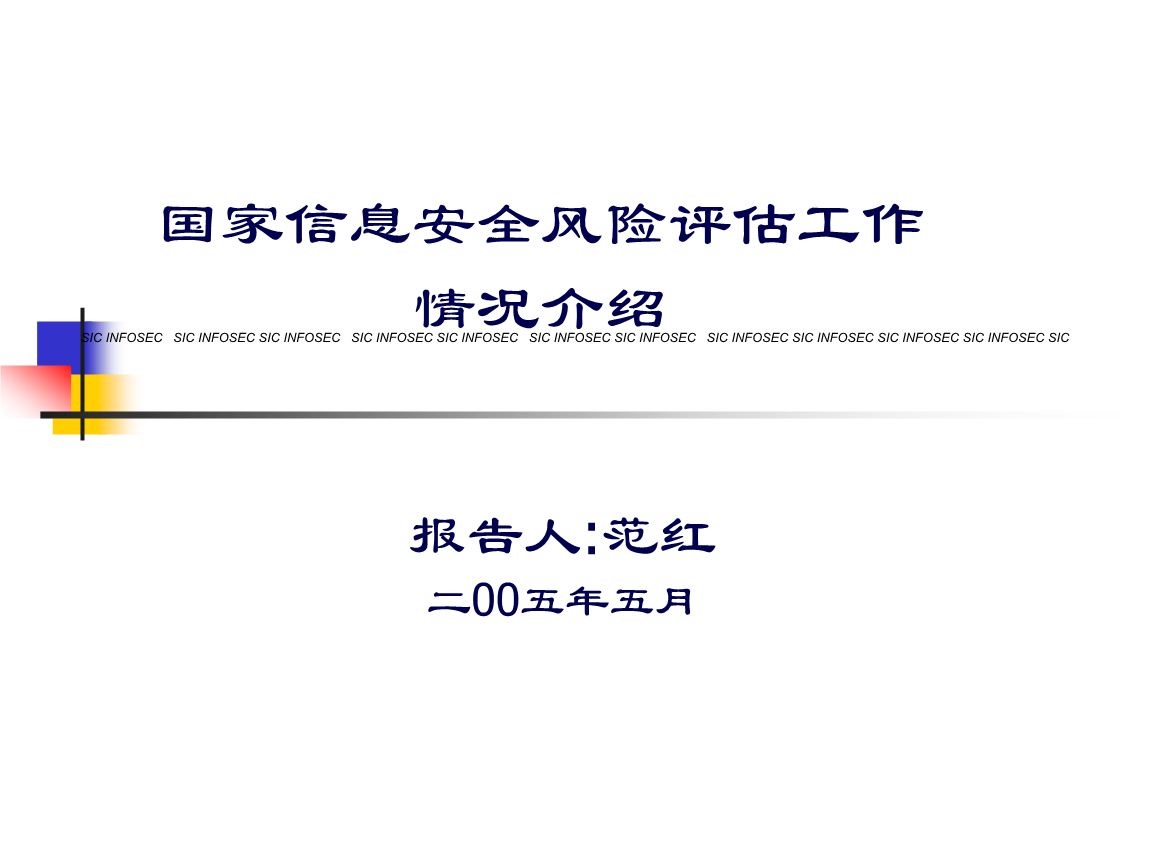
2022-05-14 10:02:34

2022-05-14 09:02:01
热点排行
精彩文章

2022-05-16 10:01:40
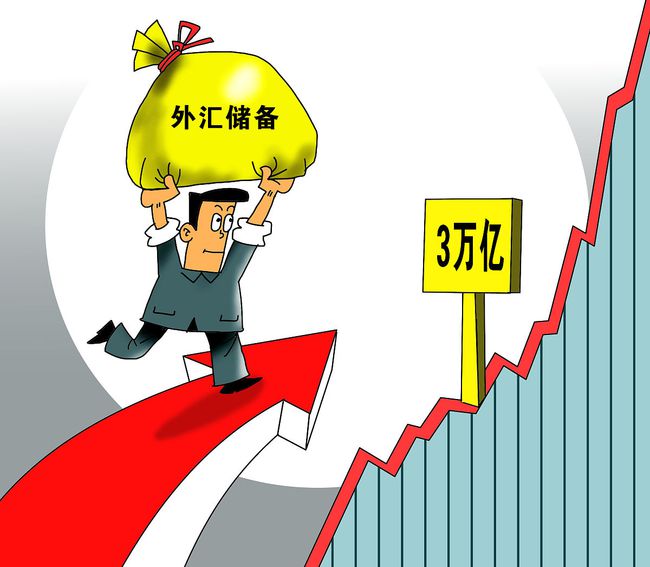
2022-05-15 14:00:44

2022-05-15 13:01:22
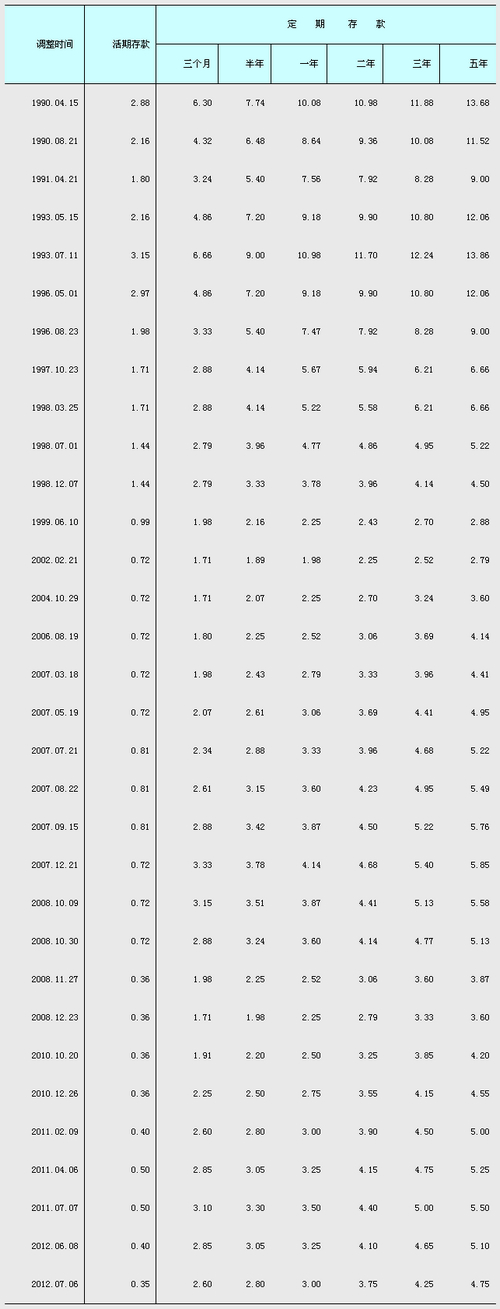
2022-05-15 11:01:08

2022-05-15 10:01:13

2022-05-14 14:03:39
热门推荐
